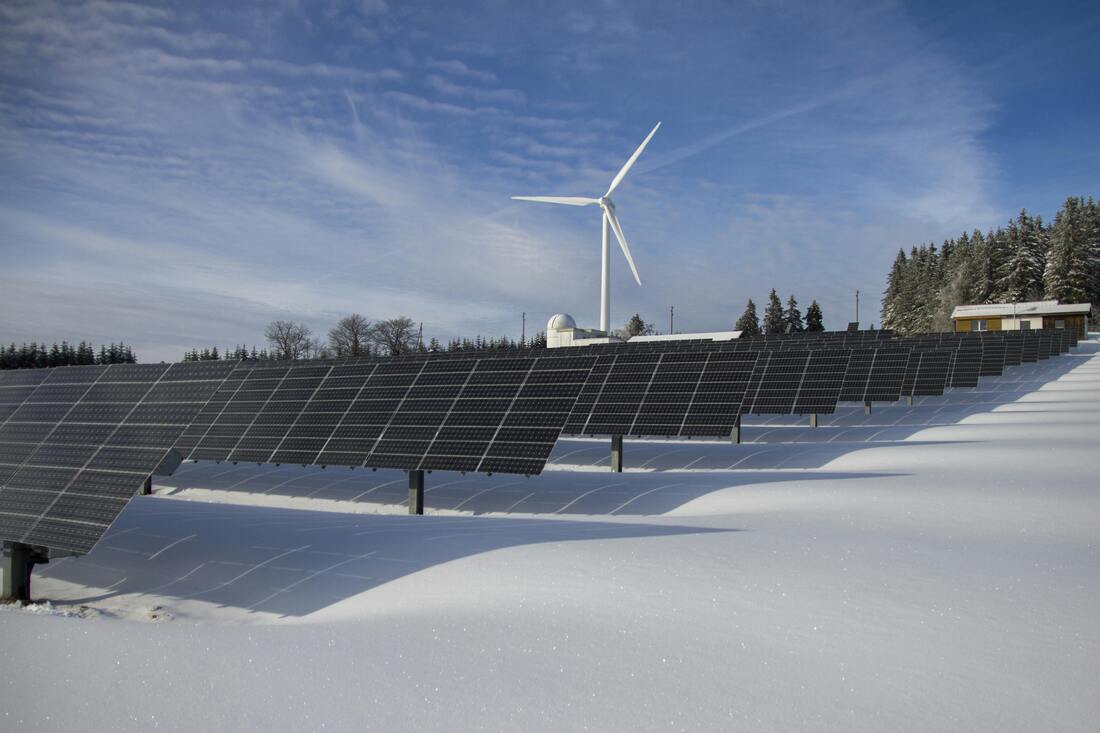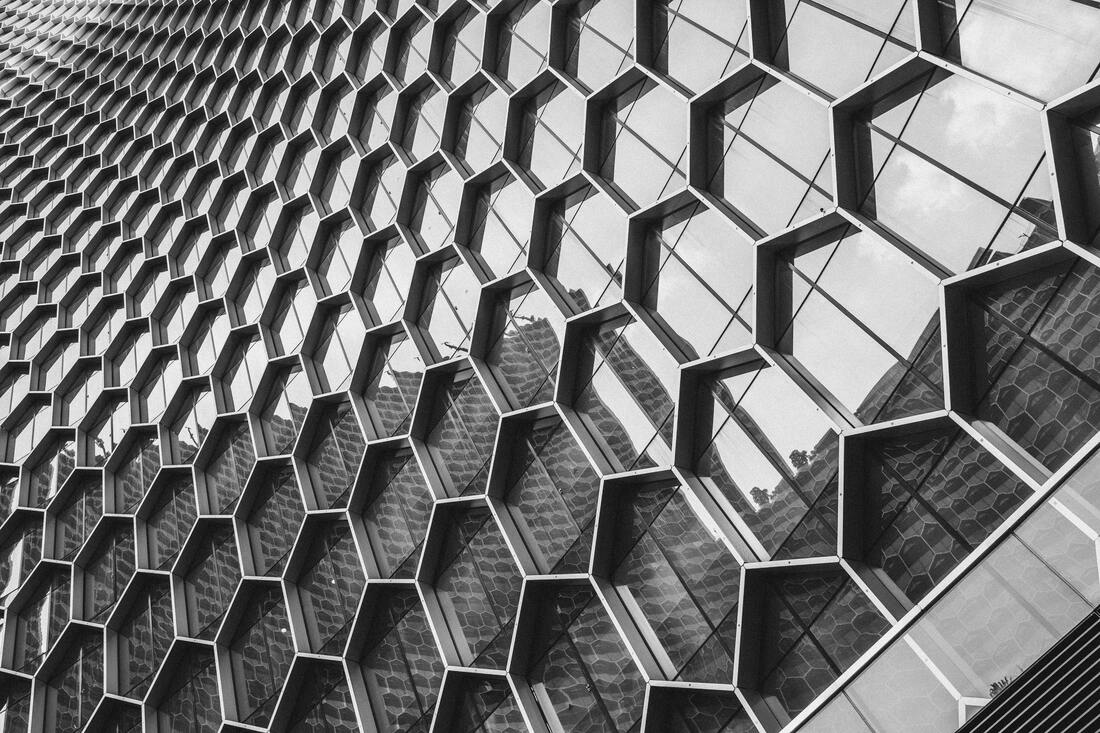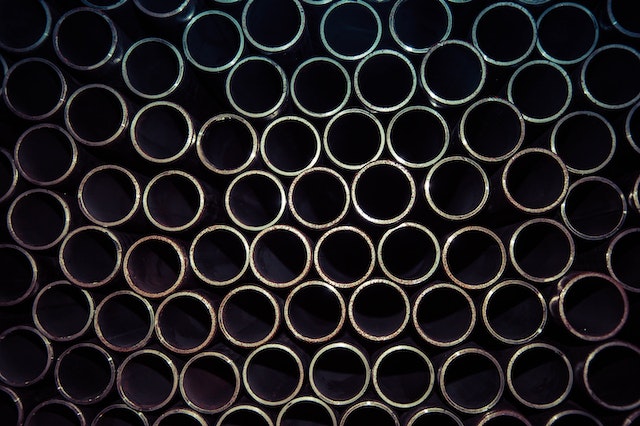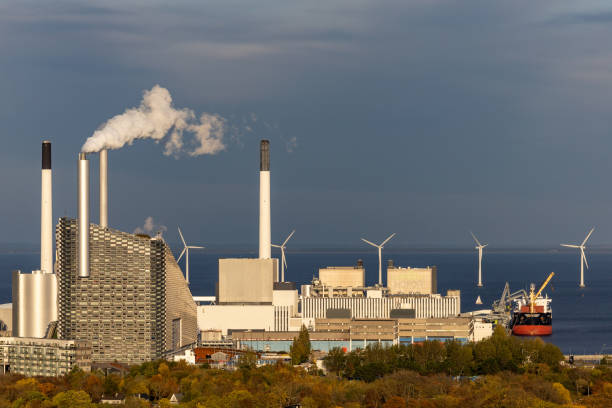|
On September 5, 2023, ElementUS Minerals, an American company specializing in the extraction and refining of essential minerals such as iron, alumina, and bauxite, announced its invitation to submit Part II of the application for a loan guarantee under the United States Department of Energy (DOE) Title 17 Clean Energy Financing Program. This announcement followed ElementUS' successful completion of Part I of the $400 million loan application process.
Part I of ElementUS' loan application involved a comprehensive analysis of the company's extraction and refining processes, a review of the business plan, and an assessment of its projected carbon footprint. The invitation to submit Part II of the application reflects the Loan Programs Office’s (LPO) commitment to ensuring that the project meets all technical eligibility requirements outlined in the applicable LPO solicitation. In his address, Joe Carrabba, the CEO of ElementUS, expressed profound gratitude and appreciation for the tireless efforts of the ElementUS team, who dedicated thousands of hours, months of work, and extensive data analysis to ensure the success of the loan application. He emphasized that the ElementUS team eagerly anticipates acceptance into the Department of Energy Loan Programs.
0 Comments
In March 2021, ElementUS Minerals, LLC, announced its approval by the Louisiana Public Facilities Authority (LPFA) for the allocation of tax-exempt private activity bond issuance. This approval, part of the anticipated $850 million total debt approved for facility construction, marks a significant milestone for ElementUS Minerals.
James W. Parks II, president and CEO of the LPFA, stated in a press release that the LPFA is pleased to assist ElementUS with the necessary financing for this exciting economic development opportunity and appreciates its investment in Louisiana. With the financial backing from the state of Louisiana, ElementUS has continued to extract valuable rare earth elements and minerals from residual bauxite at DADA’s alumina refinery in Gramercy, Louisiana, while deploying Enervoxa technology to separate residual bauxite into its component materials. ElementUS operates as a rare earth elements and minerals extraction joint venture between DADA Holdings and Enervoxa, a multi-integrated infrastructure and renewable energy construction company based in Canada with operations worldwide. Derived as a by-product of the Bayer Process, bauxite residue, also known as red mud, poses challenges and opportunities in the aluminum production cycle. Comprising iron oxides, titanium dioxide, silicon oxide, and undissolved alumina, the residue embodies the unextracted elements from the ore.
The initial stages involve washing to extract valuable caustic soda and dissolved alumina. However, this leaves behind a highly alkaline residue, with pH levels often exceeding 13. Alongside its key components, trace elements like arsenic, chromium, and naturally occurring radioactive materials persist post-extraction. Therefore, the quest for remediation and rehabilitation is crucial. Techniques such as bio-remediation aim to transform the residue into structured soil, offering promise in countries like Ireland, Australia, India, and Jamaica. The method targets pH reduction through various treatments, leaching of salts, and enhancing organic matter content for sustainable use. In parallel, researchers have explored ways to utilize bauxite residue, with trials focusing on construction, agriculture, and industrial applications. The challenge lies in aligning the annual tonnage of residue – approximately 150 million tons – with feasible commercial uses. Looking ahead, the industry envisions closing the circularity loop by harnessing the potential of bauxite residue. With an estimated global inventory of 10 billion tons by 2050, the aim is to integrate residue into industrial processes as a sustainable alternative raw material. The journey toward sustainable bauxite residue management embodies a quest for balance between navigating challenges and unlocking its latent potential for a more environmentally conscious industrial landscape. The Cardinal Shehan Center held its annual Women’s Golf Classic on October 23, 2023, at the Race Brook Country Club in Orange, Connecticut. The Shehan Women’s Golf Classic embodies a philanthropic spirit, benefitting the center’s after-school and Saturday programs.
With various sponsorship levels available, from major sponsors to hole sponsors, the tournament aims to raise vital funds to support the center's initiatives for young people in Fairfield County. Therefore, the tournament focuses on swinging into action for a cause. The day’s schedule included a blend of golf, learning, and celebration, kicking off early in the morning with a light breakfast, setting the tone for a day filled with camaraderie and competition. The tee-off at 11:00 marked the start of an 18-hole scramble format. For those participating in the Lunch-n-Learn event, the day offered a unique opportunity for skill enhancement. A golf clinic followed by an hour on the course ensured enjoyment and learning. As the sun set, the ambiance shifted to a relaxed yet vibrant atmosphere with cocktails, dinner, auctions, and the prestigious Trish Lind Migliore Commitment Award presentation. Aluminum is one of the most versatile and widely used materials in various industries. Its combination of properties makes it the go-to choice for multiple purposes. Aluminum is nontoxic, strong yet light, malleable, impermeable, and corrosion- resistant. Furthermore, it reflects light, conducts heat and electricity, and can be recycled multiple times without affecting its properties.
The construction industry benefits from aluminum's malleability and durability. Its ability to withstand harsh weather conditions without rusting makes it an ideal choice for building exteriors, roofing, and window frames. Moreover, aluminum's conductive properties make it indispensable in the electrical industry, for power transmission lines and electronic components. Its reflective surface finds applications in solar panels, contributing to the harnessing of renewable energy. In packaging, aluminum's lightweight yet robust nature ensures the protection and preservation of goods while reducing transportation costs. Since it is also odorless and non-toxic, it is ideal for packaging food and pharmaceuticals. Furthermore, aluminum's recyclability without any quality loss is an important feature in the consumer goods industry. Lastly, aluminum is widely employed in the construction of vehicles, ships, and aircraft, given its strong yet lightweight nature. Its usage is second only to steel in industries like automotive, construction, and manufacturing. In essence, the versatility of aluminum makes it the ideal material, with applications in nearly every industry. This lightweight and durable metal is perfect for solutions that balance functionality, sustainability, and innovation. Fort Lauderdale, Florida, resident Davis D’Addario retains an interest in the minerals industry. To remain informed about industry trends, investment executive David D’Addario attends trade conferences, including those sponsored by Fastmarkets.
In July 2023, Fastmarkets reported that slowed construction dampened aluminum sales. Rising interest rates and costs have impacted construction. Simultaneously, Europe has seen a decrease in aluminum prices and premiums. According to the news release, construction investment could fall in 2023 by 2.5 percent year-over-year. The correlation between the fall in construction investment and its impact on the aluminum market is not surprising. Since building construction fell 30-45 percent in 2023, aluminum producers took a break over the summer. Producers had aluminum to sell, but sales remained sluggish, and inquiries were low. Thus, industry experts predict that a lack of demand might result in decreased aluminum costs due to lower broker offers. When demand for aluminum rebounds, prices could increase sharply because of limited supply. An accomplished executive with over 35 years of experience leading industrial businesses, David D'Addario serves as chairman and CEO of Dada Holdings, an investment and management company in Fort Lauderdale, Florida. In addition to his responsibilities at Dada Holdings, David D'Addario serves as the chairman and principal of ElementUS Minerals LLC.
ElementUS enables the sustainable supply of critical raw materials in the construction, aerospace, and automobile sectors by renewing above-ground waste. Its proprietary recycling process helps reclaim land, lower energy consumption, and mitigate carbon footprints. Since ElementUS mainly focuses on recycling materials, its operations are free of greenhouse gas emissions and the copious energy consumption associated with mining. Its products include base metals, rare earth metals, aggregates, and specialty chemicals. ElementUS' recycling process results in zero residual waste or pollution problems. It represents a significant source of US rare earth elements in a world where roughly 90 percent of rare earth metals come from China. A graduate of Yale University, David D'Addario has served as the chairman and CEO of Dada Holdings since 2001. With over three decades of experience in the metals and recycling industries, David D'Addario also guides ElementUS Minerals, LLC, which focuses on extracting valuable earth elements. ElementUS also extracts material for synthetic aggregates.
Sometimes called artificial aggregates, synthetic aggregates are man-made versions of natural aggregates, granular materials used for road construction and preparing reinforced concrete. Some examples of these natural aggregates include limestone, granite, sand, and ballast. Manufacturers recycle and repurpose waste materials to create synthetic aggregates. The product depends on the type of waste and the shape. Examples of synthetic aggregates are ground-granulated blast-furnace slag (GGBS), granite powder, and fly ash. By converting construction waste into useful products, synthetic aggregate manufacturers are saving natural resources. When repurposed for construction, these waste materials cease to pollute the environment. Based in Florida, David D’Addario is a business leader with over three decades of experience. He specializes in the metals and mining industry and has served in various executive positions. David D’Addario is the chairman and CEO of Dada Holdings.
Based in Fort Lauderdale, Florida, Dada Holdings is an investment and management firm focusing on control and passive investments across various industries. In 2021, the company announced its concluded deal to sell a portion of its interest in New Day Aluminum to Concord Resources Ltd. New Day Aluminum is a firm that mines products for metallurgical and non-metallurgical applications, produces aluminum, and supplies chemicals. This sale implies that Concord Resources, which initially bought a 12 percent stake in New Day in 2018, has a substantial increase in its equity stake in the company. It now possesses a majority interest in New Day Aluminum. This transaction also gives Concord Resources access to an additional 600,000 tons of alumina annually, making it a global leader in aluminum trading. Concord Resources, which has its headquarters in London, is involved in supplying and delivering raw materials and minerals. As noted by the CEO of Concord, this development signifies a complementary evolution of the firm’s global alumina business. Since 2001, David D’Addario has served as chairman and CEO of Dada Holdings, a Florida-based investment and management company that caters to client companies in various industries. Recently, the company launched ElementUS Minerals LLC, a joint venture with Enervoxa. Chaired by David D’Addario, ElementUS Minerals transforms waste residue into low-carbon footprint materials.
According to the World Bank, at least 33 percent of waste generated worldwide annually is not managed in an environmentally safe manner. The organization also estimates that by 2050, waste generation will increase by about 60 percent. These concerns have triggered the need for the utilization of waste as a renewable energy source. Waste to Energy (WtE) refers to a number of technologies for generating energy from waste, such as landfill gas recovery, incineration, pyrolysis, and gasification. These processes can make a significant impact in reducing the emission of greenhouse gasses such as methane, which is a major contributor to climate warming, and far more potent than carbon dioxide. Through WtE technologies, nonrecyclable waste can be used to generate heat, electricity, biofuels, and other forms of useful energy. Asides from concerns about environmental sustainability and climate change, the limited land availability for landfill sites in many cities has also increased interest in WtE technologies. In addition, the United States Department of Energy’s Bioenergy Technologies Office has shown interest in utilizing a number of waste streams in the country for these processes. Another advantage of these technologies is that they facilitate the recovery of valuable resources such as metals, which would otherwise be disposed of. |
AuthorDavid D'Addario - Growth-Focused Metals Executive. Archives
October 2023
Categories |










 RSS Feed
RSS Feed
